Description
This course will address the four themes of the conceptual framework for the UK professional education unit: research, reflection, learning, and leading. Students will be given the opportunity to review, analyze, discuss and apply research from diverse perspectives in education, including professional scholarship and practitioner inquiry, in order to reflect on their own practices as they study, observe, and practice in P-12 school and university classrooms. Reflection will also be integrated into students' learning opportunities through the prodcution of written essays and analyses of observation and teaching experiences to help students take advantage of the analytical and problem-solving skills that comprise critical professional reflection on one's own teaching.
This course emphasizes the commitment of the professional education unit to ensure that its graduates move into their professional lives equipped for life-long learning as educators who will be active in leading colleagues in their schools, districts, and professional organizations. The ultimate goal in addressing these four themes is to produce teacher leaders who work together to improve student learning among diverse populations and improve education in Kentucky and beyond.
Leadership, and specifically Teacher Leadership, within our framework of Research and Reflection for Learning and Leading, is informed by the "Framework for School Leadership Accomplishments" (Bellamy, Fulmer, Murphy & Muth, 2007, p.34). In this framework, student learning is the central objective and it is accomplished through nine interactive, collaborative efforts by diverse stakeholders.
Course Objectives
By the conclusion of SEM 603, students will:
- Identify historical influences on the introduction and implementation of STEM curriculum and instruction.
- Analyze issues that influence the acceptance and implementation of research-based STEM curricula.
- Review research related to curriculum and instruction in STEM education.
- Draw on current research and theory to evaluate STEM curricula.
- Research ways to develop appropriate learning environments and assessment strategies for students of diverse backgrounds within a STEM classroom.
- Explore and evaluate STEM curricula based on the national standards and guidelines as defined by the Next Generation Science Standards, the Common Core State Standards for Mathematics, National Educational Technology Standards, National Academy of Engineering, and American Society for Engineering Education.

